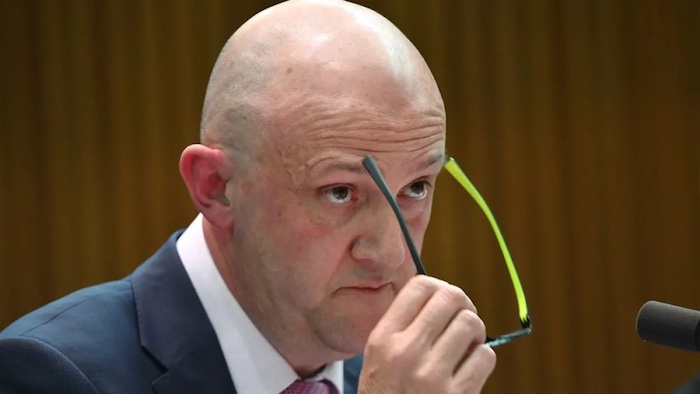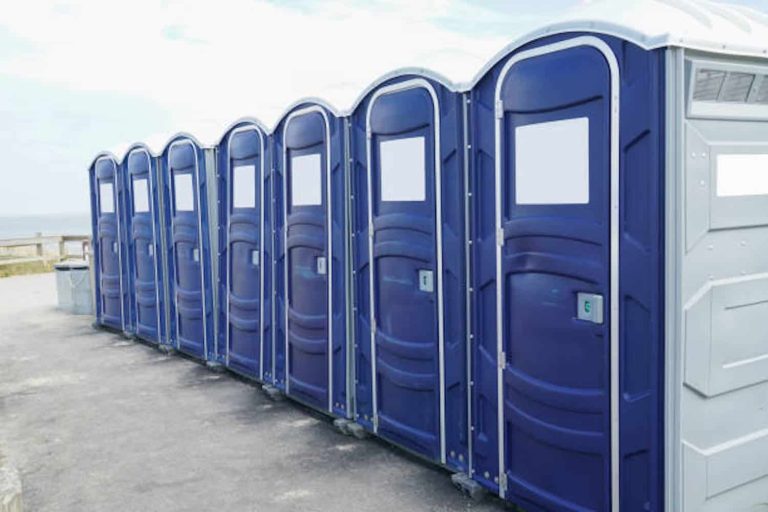
Australia is increasingly at risk of “high-impact sabotage” from hackers linked to the Chinese government and military, according to Mike Burgess, head of the Australian Security Intelligence Organisation (ASIO). Speaking at a business forum in Melbourne, Burgess described “unprecedented levels of espionage” and warned that the next five years could see cyber-enabled attacks targeting critical national infrastructure.
Burgess singled out a single nation-state widely understood to be China, for repeated attempts to scan and penetrate Australia’s most sensitive networks, including water supply, transport systems, telecommunications, and energy grids. He also noted that allied nations face similar threats. The Chinese embassy has been contacted for comment.
The ASIO chief specifically highlighted two Chinese hacking groups, Salt Typhoon and Volt Typhoon. Salt Typhoon focuses primarily on espionage, breaking into telecommunication networks to steal sensitive information. Volt Typhoon is considered more disruptive, targeting infrastructure systems to enable potential future sabotage. Burgess emphasised that both groups have actively probed Australian networks.
“These groups are highly sophisticated, using top-notch tradecraft to find networks, test vulnerabilities, and maintain persistent undetected access,” Burgess said. “Once inside, they map systems in detail, preparing for potential sabotage at a time of their choosing.”
Burgess warned that authoritarian regimes are increasingly willing to disrupt and destroy critical systems to impede decision-making, damage the economy, weaken defense capabilities, and create social discord. Even minor network outages have shown the severe societal impact that can occur when communication systems fail.
“Imagine if a nation-state were able to disable all networks nationwide, cut power during a heatwave, contaminate water supplies, or collapse financial systems,” he said. “The disruption would be catastrophic.”
Espionage already carries a significant economic toll. Conservative ASIO estimates indicate espionage cost Australia A$12.5 billion ($8.2 billion; £6.2 billion) in 2023–24, including around $2 billion in stolen trade secrets and intellectual property from Australian companies. Burgess warned that private sector projects, negotiations, and investments are increasingly targeted to give foreign companies commercial advantages. Customer data is also at risk.
The ASIO chief stressed the urgent need for robust cyber defenses and ongoing vigilance. “Hackers don’t just steal information, they actively prepare for potential sabotage,” he said. “Australia must strengthen protections for its critical infrastructure and private sector networks to prevent catastrophic disruption.”
Australia now faces a rapidly evolving cyber threat landscape, where espionage and sabotage are becoming tools of statecraft. As hackers grow more sophisticated and aggressive, the government and private sector must act decisively to safeguard national security and economic stability.
Erizia Rubyjeana



